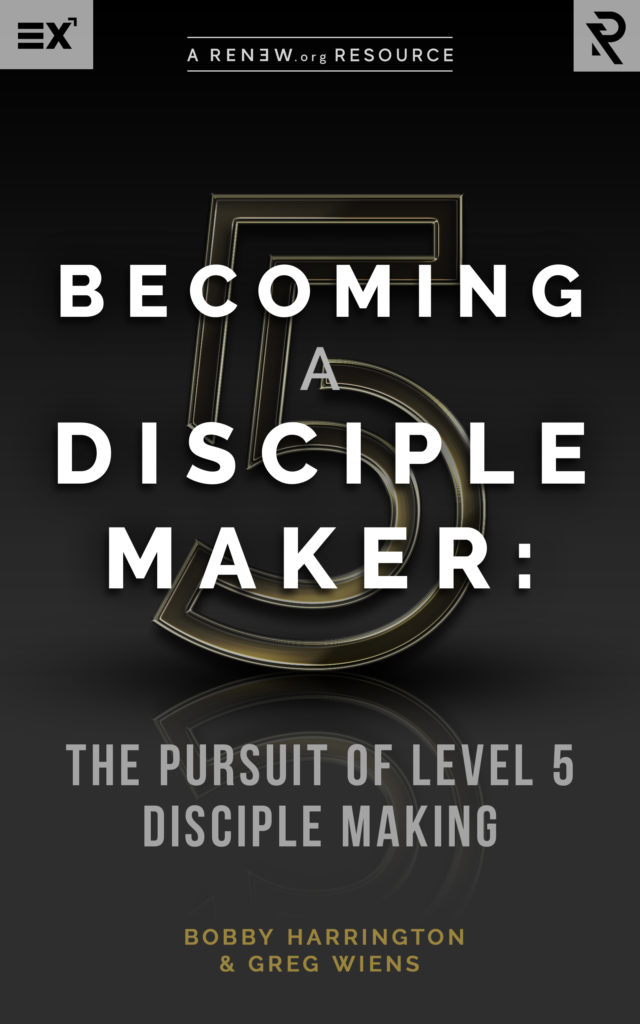
How to Disciple through Emotional Trauma: Time
“I don’t think I’ll ever drive again!” Opal told me.
And honestly, I couldn’t blame her for how she felt at this particular moment. She had been involved in a single-car accident in which she was driving. Her accident had caused the unintentional death of one of her dear and lifelong friends. She was sober at the time of the incident and I attest that it was purely an accident of human error.
I was there with her just moments afterward as the Police Chaplain on call.
Opal experienced a very deep and very real emotional trauma that involved grief and intense feelings of shame and remorse especially as she thought about how she would face her friend’s family. I couldn’t even imagine what she was going through and I shared that sentiment with her. Of course, I prayed with Opal, gave her a business card, and offered other tokens of comfort. But like so many things experienced in a moment of trauma…they were forgotten.
She asked me if I would be willing to drive her home, and I gladly accepted the opportunity to help. The ride home was very quiet, but I told her I’d check up on her the next day.
I remember thinking that night about Opal. What did she need from me? How could I be a minister to her? How could I represent the character of God to her?
I called her the next day with only one item on my agenda. I told her, “Opal, if you ever decide to drive again, please let me know. I’ll come join you, and we can take a spin around the block. After that, if I think it’s not safe for you to drive, I’ll let you know.” She agreed, but I was sure at that time she’d never make that phone call. I didn’t hear from her again …
… for more than a year.
Just over a year later, Opal gave me a call. She reminded me of who she was as if I could ever forget. It took a few minutes to get around to why she was calling, but eventually, she said, “Well, if your offer is still good, I’d like to take you up to it. I think I’d like to try and drive today.”
“Of course!” I said. “I’ll be right over!”
Around the block, we went. She did fine and I told her as much. In return, she told me, “I haven’t been to a church in years, but I’m going to come to yours on Sunday.”
She did, and then, I never saw her again.
I know…this wasn’t specifically a discipling relationship in the formal sense. However, it more than adequately represents one of the 3 key ingredients for discipling people through emotional trauma: time.
In my years in ministry, I’ve seen and read many religious people offer and in some cases even promise immediate emotional healing through various means. I’ll also admit – sometimes and on rare occasions, it actually happens immediately! Miraculous healing, healing prayer, specific disciplines, individual or group therapy. Truthfully, all of these things are and can be invaluable and necessary factors in emotional healing.
However, nothing replaces time as a healing factor.
Let me elaborate by deconstructing a popular cliche.
“Time heals all wounds.”
Actually, I think this cliche is so untrue that it can be dangerous for our emotional health to believe it. In any circumstance, time alone does not heal all wounds. Especially physical wounds. Just ask the military veteran who has lost a limb in combat. Ask the young college athlete whose professional career is cut short or completely destroyed due to a joint injury. As true as it is that time alone does not heal all physical wounds, neither does time alone repair all emotional damage.
However, healing does take time!
As a Christian and disciple-maker, I believe that “time” doesn’t actually heal anything of itself, but that God is the healer of all things. As our healer, God uses time as one of the ingredients in his healing ministry to us. Time certainly lends itself to healing, but it doesn’t fix everything. Honestly, I can say that I’ve prayed too soon with people for emotional healing that they just could not receive. God, through time, had not yet completed His work.
It’s equally true to say that taking time to heal doesn’t mean “do nothing.”









